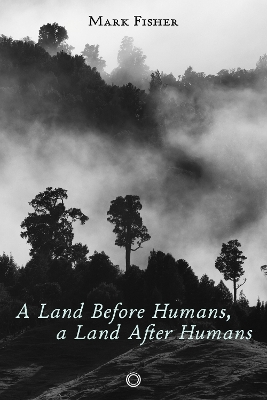‘Some species survive reliant on conservation, some may survive eluding our knowing, some may not survive despite our efforts, and some may survive by adapting to and integrating with human worlds’.
New Zealand is a unique and fascinating country as a case study for managing invasive species. Because of its history we know a lot about species introductions, and because of its geographical position, as a relatively small remote island, the potential for dealing with invasive species may be more effective than elsewhere. Moreover, the fragility of its ecosystems makes it relatively easy to see the impact of one species upon another. Nature and people shape the country’s ecology: from its geological and biological beginnings to the relatively recent arrival of people and the changes wrought, to the wide-ranging efforts of individuals and communities to protect and enhance treasured species and environments. Among them, an ambitious Predator Free 2050 initiative to rid the country of some of its unwanted species.
The issue is a complex and interesting one. There are ethical considerations – which species are protected, and which destroyed? How are they destroyed? What are the unforeseen consequences? There are also tensions between preservation and the use of natural resources, and ultimately our relationship to the environment, how we live.
A Land Before Humans, a Land After Humans explores these issues. An invaluable resource for environment, ecology, animal welfare and ethics students, researchers and policy makers, the book takes New Zealand as a case study and looks at the practical and ethical considerations of dealing with invasive species.
- ISBN13 9781917159050
- Publish Date 28 February 2025
- Publish Status Active
- Publish Country GB
- Imprint 5M Books Ltd
- Format Paperback
- Pages 272
- Language English
